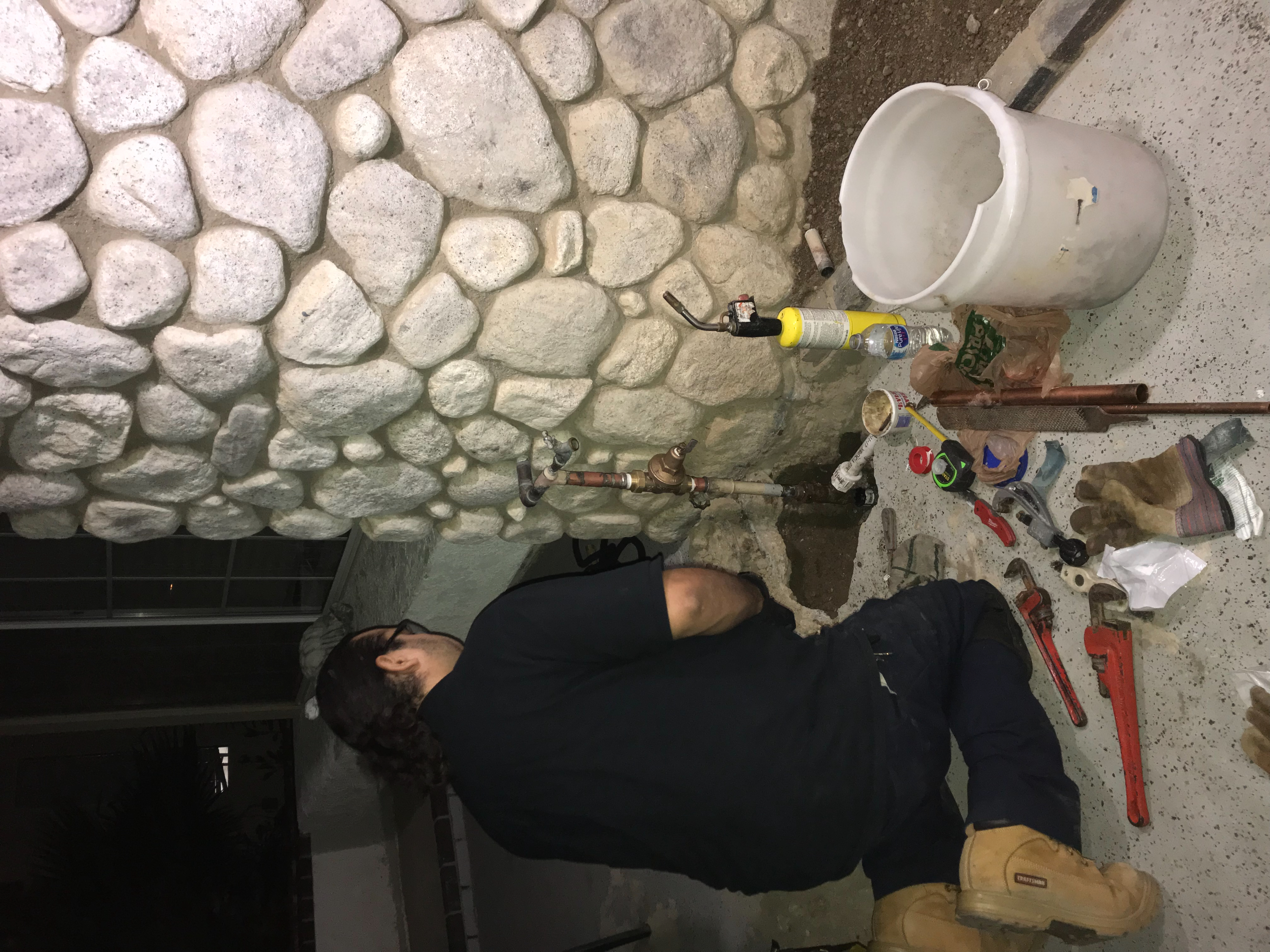Essential Plumbing Company Tips for Homeowners to Prevent Common Issues
- Leo Martinez

- Jun 16, 2025
- 4 min read

Plumbing is one of those crucial aspects of home maintenance that can easily be overlooked until a problem arises. Imagine waking up to a bathroom flooded from a burst pipe or discovering your sink clogged before hosting friends. Plumbing issues often surface unexpectedly and can lead to costly repairs if not addressed promptly. This post offers homeowners essential plumbing tips to prevent common issues and maintain a smoothly functioning plumbing system.
Understand Your Plumbing System
Understanding your home’s plumbing system is essential. Familiarize yourself with the main components like pipes, valves, and fixtures. This knowledge empowers you to spot problems early and make informed decisions about repairs.
Know where your main shutoff valve is located. For instance, if a pipe bursts, quickly shutting off the water supply can prevent extensive damage, potentially saving thousands in repairs.
Regular Maintenance Checks
Like any home system, your plumbing requires regular maintenance to function optimally. Schedule a maintenance check at least once a year to identify potential issues. Focus on these key areas:
Leaks: Check for leaks around faucets, toilets, and under sinks. Even a minor leak can waste 10,000 gallons of water a year.
Water Heaters: Inspect your water heater for signs of corrosion or leaks. A maintenance check can enhance its lifespan by up to 50%, delaying the need for a replacement.
Water Pressure: Test your water pressure and ensure it stays between 40 to 80 psi. High pressure can damage pipes, while low pressure can indicate blockages.
Regular maintenance not only helps prolong your plumbing's lifespan but also saves you money on costly repairs down the line.
Know How to Unclog Drains
Clogged drains are common and can lead to bigger problems if not handled correctly. Try these methods before calling a plumber:
Boiling Water: Pouring boiling water down the drain can dissolve grease and clear minor blockages.
Baking Soda and Vinegar: This natural solution can help break down clogs. For example, pour 1/2 cup of baking soda followed by 1/2 cup of vinegar down the drain. Let it sit for a few minutes before flushing with hot water.
Plumber’s Snake: For tough clogs, a plumber's snake can reach deeper into the pipe. This tool can clear 95% of clogs effectively.
If these methods fail, it may be time to consult a professional.
Prevent Frozen Pipes
In colder climates, frozen pipes can lead to severe issues, including bursts. Here are some effective tips to prevent freezing:
Insulate Pipes: Use foam insulation or pipe sleeves on pipes in unheated areas such as basements and attics. Insulation can reduce the risk of freezing by over 80%.
Let Faucets Drip: Allow a slow drip from faucets to keep water moving. This simple act can prevent freezing and save you from costly repairs.
Keep Cabinets Open: If you have plumbing in cabinets (like under sinks), leave the doors open to allow warm air to circulate around the pipes.
Implementing these preventative measures can save you from the hassle and cost of plumbing emergencies in freezing temperatures.
Be Mindful of What You Flush
Flushing the wrong items down the toilet can cause clogs and serious plumbing issues. Here are items that should never be flushed:
Paper towel rolls
Cotton swabs
Feminine hygiene products
Diapers
Regularly remind family members, especially children, about the simple rule: only flush toilet paper. If there’s any doubt, throwing it in the trash is the safest option.
Know When to Call a Professional
While some plumbing problems can be solved with DIY methods, others should be handled by professionals. Reach out for help if you encounter:
Major Leaks: Significant water pooling or continuous dripping can require expert intervention.
Low Water Pressure: Persistent low water pressure may indicate deeper plumbing issues that need assessment.
Water Heater Problems: If your water heater leaks, makes unusual noises, or fails to provide adequate hot water, consult a professional immediately.
Recognizing when to call for help can save you time, money, and future complications.
Install a Water Softener
Hard water can lead to mineral buildup, causing clogs and reducing plumbing efficiency. If you notice:
White scale buildup on faucets and showerheads
Poor lather with soap and laundry issues
Dry skin and hair problems
Consider installing a water softener. This system removes minerals like calcium and magnesium from your water. By doing so, you can prolong the lifespan of your plumbing and enhance water quality.
Use Drain Covers
Preventing clogs starts with proactive measures. Installing drain covers in sinks and showers can catch hair, food particles, and other debris before they enter the plumbing system. For example, using a mesh screen can reduce the chances of clogs by 80%. Regularly clean these covers to maintain optimal flow.
Final Thoughts
Preventing common plumbing issues hinges on awareness, regular maintenance, and knowing when to seek professional help. By following the tips provided, homeowners can keep their plumbing systems running smoothly and avoid the stress and costs that come with plumbing problems. Prioritize your plumbing needs, and it will serve you well for many years.
Taking small steps today can save you from major headaches in the future. Happy plumbing!







Comments